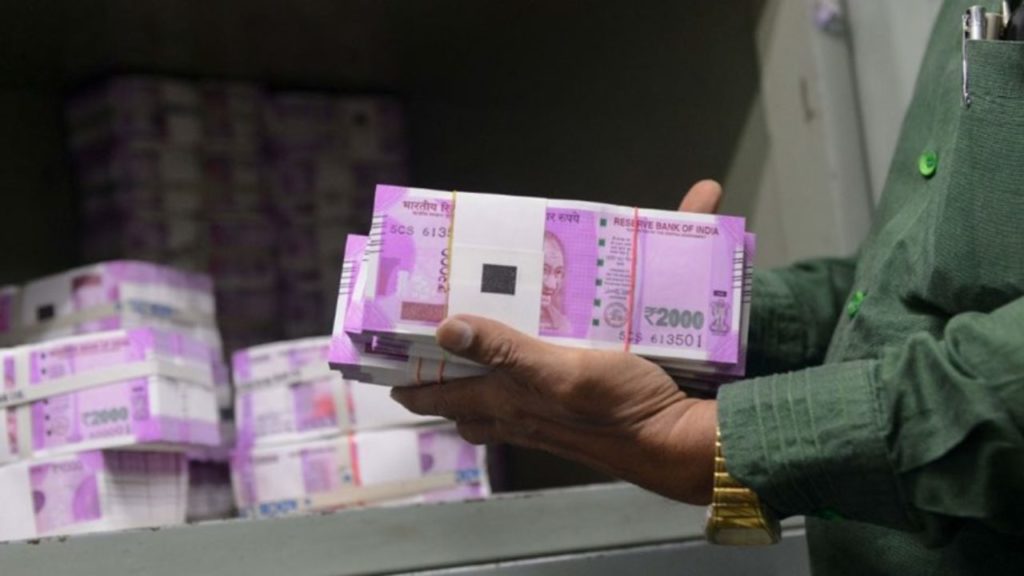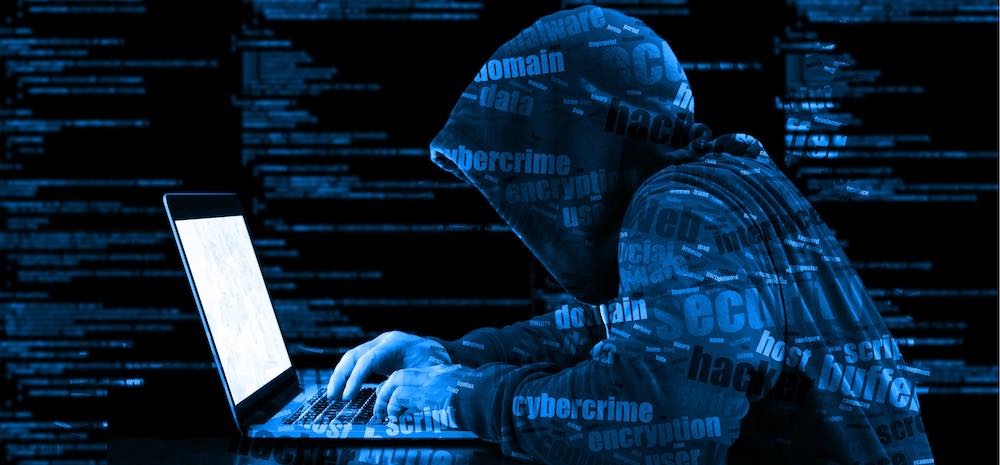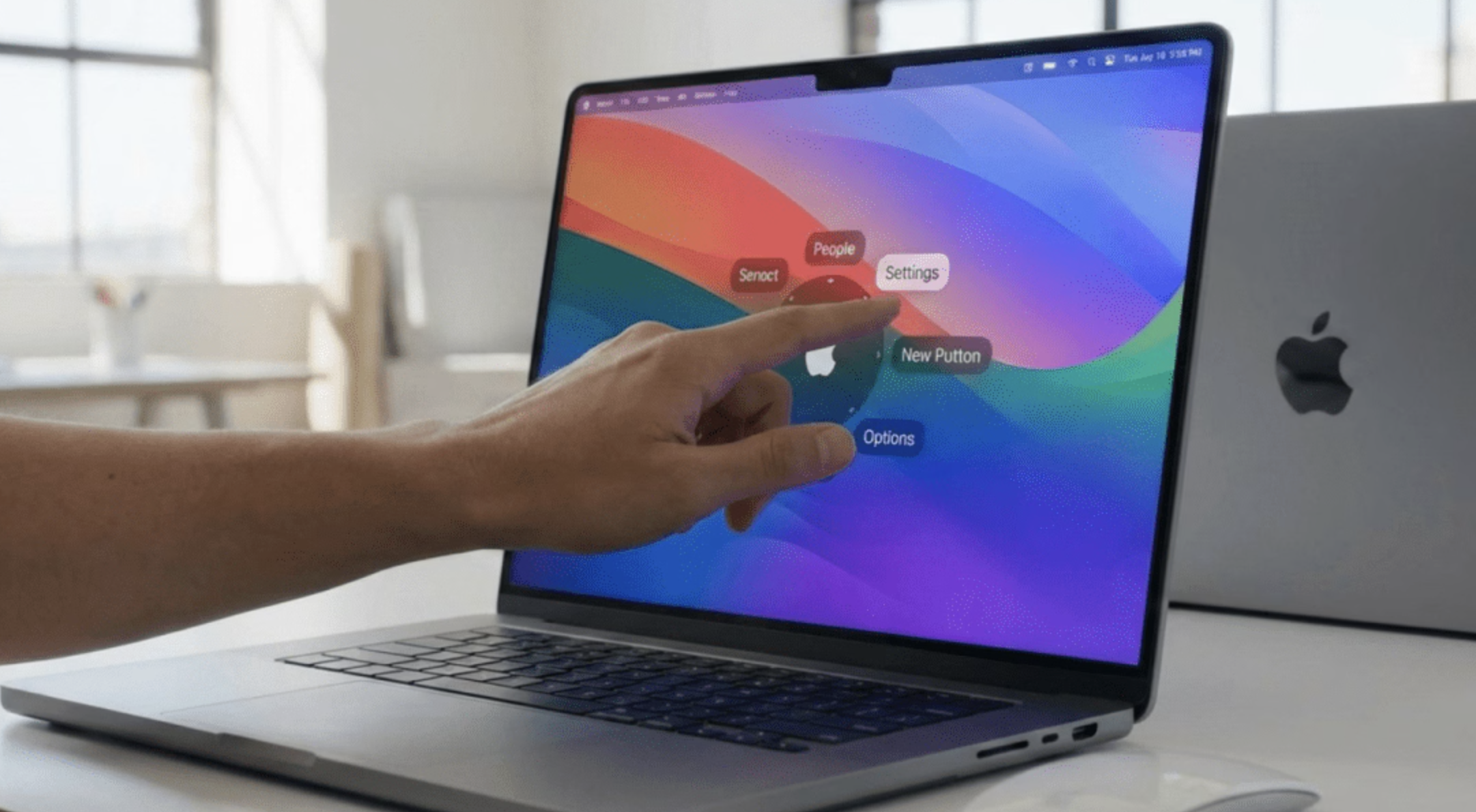Banks will have to mandatorily notify the income tax department of large cash deposits of ₹2,000 currency notes above a threshold.

Part of annual statement
This is part of the statement of financial transactions (SFT) they are mandated to submit to the tax authority annually.
However, the exact currency denomination of the deposits does not need to be specified.
Tax evasion scrutiny
This would bring large cash deposits made during the ongoing phasing out of ₹2,000 notes under the radar of tax officials.
It is the job of these officials to routinely sift through data to detect tax evasion.
The reporting thresholds stand at ₹10 lakh for term and savings deposits and ₹50 lakh for current account deposits.
Not a new requirement
It should be understood that this reporting system is not a new provision in the wake of RBI’s decision to recall ₹ ₹2,000 notes.
Rather, it has been in place for a long time.
Explainer
As an anonymous source explained, “Everyone may keep some funds in cash for a rainy day.
But, can there be a genuine reason for anyone to maintain large piles of cash, especially high-denomination notes, instead of trying to earn interest?
That behaviour should merit an explanation, especially if the deposit is disproportionate to the income reported in the tax return. So, that question will be asked.”
Too early to speculate
Another person in the know said it might be too early to speculate whether large cash deposits in the wake of the withdrawal of ₹2,000 notes reported by banks will attract scrutiny.
“Let people exercise their right to deposit or exchange the cash. It is not the right thing to spook the public,” the person said.
Voluntary admission
The tax department has been encouraging taxpayers to disclose any transaction they might not have reported while updating their tax returns.
The e-verification scheme launched in 2021 and the scheme to update tax returns introduced in 2022 enable assessees to update their returns for previous years and add back any erroneously omitted income or to come clean on under-reporting of earnings.
Legitimate funds no cause for worry
Sudhir Kapadia, partner, tax and regulatory services at EY said that those who have legitimate funds in cash need not worry about depositing to banks.
He said, “As per existing rules, unusually high cash deposits get reported to the department irrespective of the currency denomination.
Nothing in the RBI’s announcement of withdrawal of ₹2000 note changes that position.”
Repeated exchanges may require IDs
As a measure of caution, some banks are insisting that those who make repeated attempts to exchange ₹2,000 notes furnish their IDs.
RBI governor Shatikanta Das is expected to meet senior officials of private sector banks next week where the progress of ₹2,000 note exchanges and deposits would be discussed.
Problems faced in the process would also be addressed.












